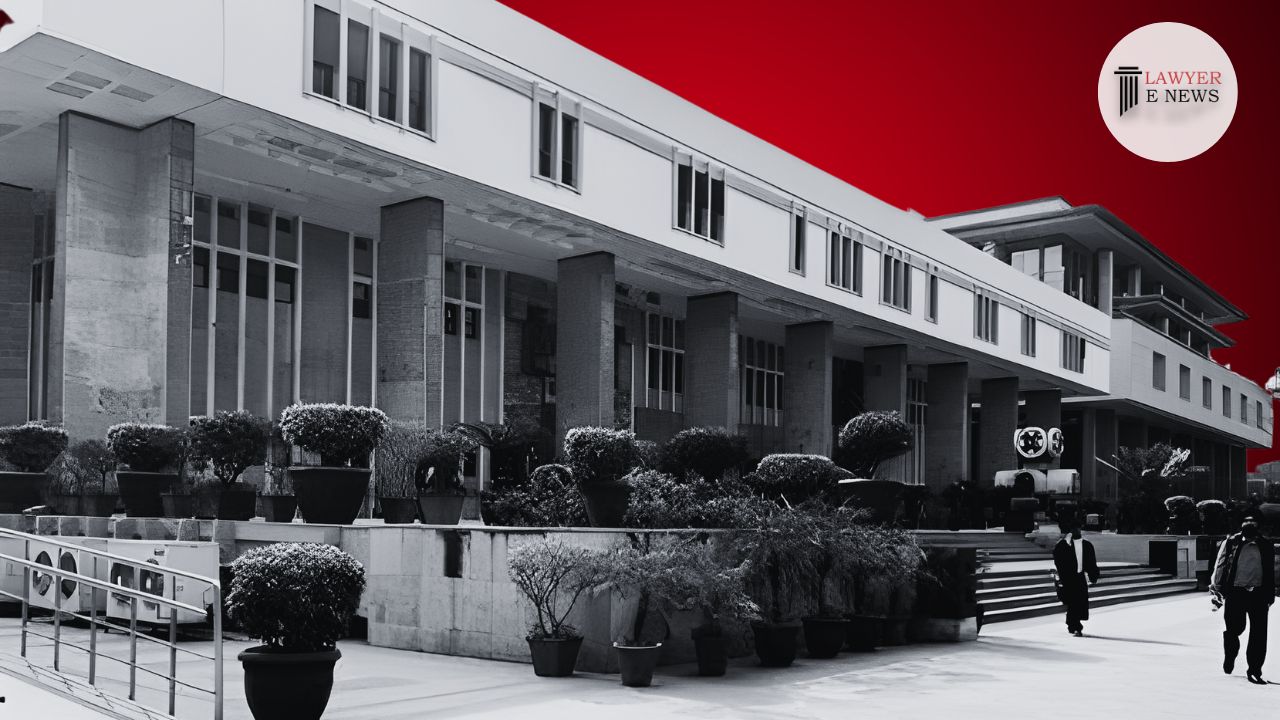-
by Admin
15 February 2026 5:35 AM



High Court emphasizes balance between the accused’s rights and judicial efficiency in corruption charges under Delhi Excise Policy 2021-22.
In a significant ruling on June 7, 2024, the Delhi High Court upheld the Special Judge’s order rejecting the deferment of arguments on charges in the high-profile Delhi Excise Policy 2021-22 corruption case. The bench, presided over by Hon’ble Ms. Justice Swarana Kanta Sharma, stressed the importance of fair trial rights while ensuring that proceedings are conducted without unnecessary delays.
The case involves allegations of a criminal conspiracy and corruption in the formulation of the Delhi Excise Policy 2021-22. The Central Bureau of Investigation (CBI) registered an FIR on August 17, 2022, accusing several individuals, including public servants, of receiving substantial kickbacks to create loopholes in the policy, which were later exploited. The investigation revealed that around Rs. 90-100 crores were paid in advance by individuals from the South Indian liquor business to co-accused, forming a cartel among liquor manufacturers, wholesalers, and retailers. Arun Ramchandran Pillai, one of the accused, challenged the trial court’s decision to proceed with arguments on charge, seeking deferment until supplementary chargesheets against other co-accused were filed.
Ensuring Fair Trial: Justice Swarana Kanta Sharma emphasized the necessity of providing the accused with all relevant materials collected by the prosecution to prepare their defense. “Section 207 Cr.P.C. underscores the importance of ensuring an accused is fully informed about the case against them, enabling a thorough defense,” she noted. The court recognized the complexity of the conspiracy charges, highlighting the interlinked roles of the accused.
Balancing Speedy Proceedings: The court addressed the need to balance the rights of the accused with the imperative of avoiding undue delays. “The judicial process must not be hindered by strategic delays,” Justice Sharma observed. The court noted that the CBI assured the filing of a supplementary chargesheet against co-accused Smt. K. Kavitha by June 10, 2024, and directed the trial court to ensure timely supply of these documents to the accused.
The High Court extensively deliberated on the principles of fair trial and speedy justice. It reiterated that while the accused must be provided with all incriminating evidence, the proceedings should not be stalled. “The trial court’s approach of halting arguments on charge upon the filing of any supplementary chargesheet and then resuming them ensures a balanced approach,” the court stated.
Justice Swarana Kanta Sharma remarked, “The accused’s right to a fair trial is paramount, yet it must coexist with the judiciary’s duty to avoid unnecessary procedural delays.”
The Delhi High Court’s dismissal of the petition reinforces the judicial commitment to balancing fair trial rights with the need for expeditious proceedings. By affirming the trial court’s order and directing the timely provision of supplementary chargesheets, the judgment ensures that the judicial process remains efficient while safeguarding the rights of the accused. This ruling is expected to set a precedent for handling complex conspiracy cases, ensuring both fairness and efficiency in the judicial process.
Date of Decision: June 7, 2024
Arun Ramchandran Pillai vs. Central Bureau of Investigation
